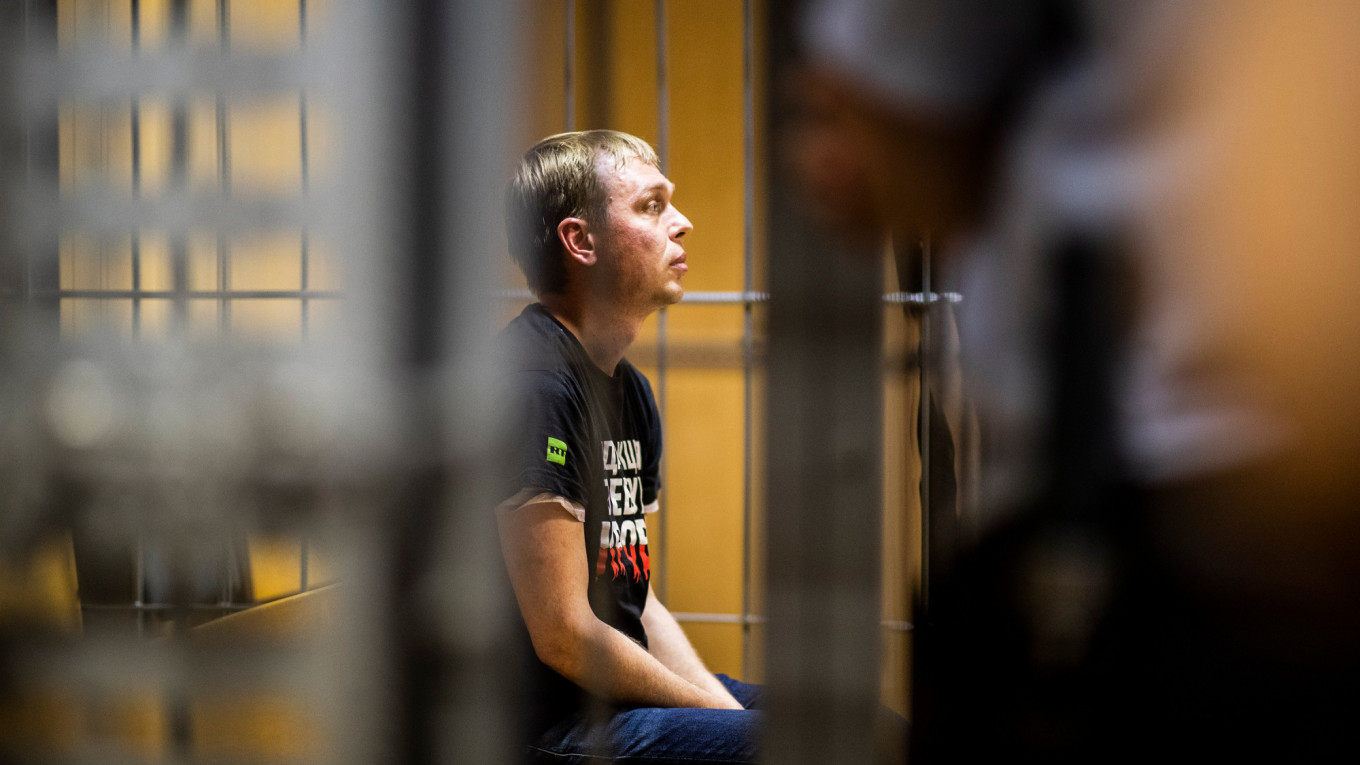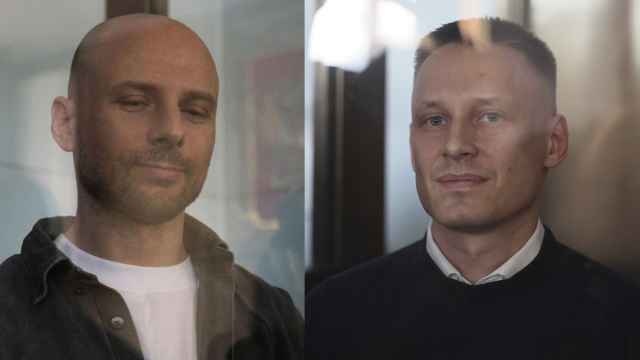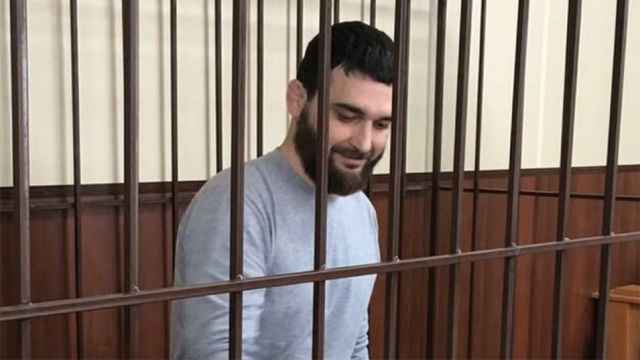I don’t know Ivan Golunov and I haven't read his investigations, but I’m well-informed when it comes to drugs.
Going on what we know from what has been published — Golunov’s statements, the Interior Ministry’s press releases, the charge sheet, the comments of the police and lawyers — there’s absolutely no indication that Golunov was manufacturing drugs, even less so attempting to distribute them.
Nobody believes this, especially since the Interior Ministry was caught lying right from the start.
In order to prove attempted distribution, you need a large number of correctly executed operational search procedures, which are signed by the head of the department or the chief of police (previously the head of the station or the head of criminal investigations).
On top of that, these documents must be read out in court — that is, they must be made public. If they exist, then they will become public. If they don’t exist, then there’s absolutely nothing to go on and the prosecution will be forced to close the case and explain themselves.
Preparing such documents retroactively is very difficult, it’s straightforward falsification and no high-ranking officer will take this upon themselves (if of course they’re not mixed up in the affair and are not the people who have ordered the arrest), but even if they take the risk, then, as always, if they do it in a panic and in a hurry there’ll be a lot of rough edges and inconsistencies that can be checked.
And now the most important thing. Remember that the distribution of drugs is any transfer of ownership: it doesn’t matter whether they’ve been sold, gifted, given in lieu of debt, or just handed out — there's no difference, it’s distribution.
And planting drugs is cast-iron distribution. In the case of drugs being planted by police employees, it’s not manufacturing or even an attempt, but full-on distribution – in this case, on a large scale — by a group of individuals by prior agreement with the use of official premises (Article 228.1 Part 4, points a, b, g.), which carries a prison term of 10 to 20 years.
It’s impossible to bury a drugs case, since the presence of drugs in itself is already material proof of a crime and must be investigated.
And the whole country is now watching. It seems to me that they’ve driven themselves into a trap, and now they have no way out.
A Message from The Moscow Times:
Dear readers,
We are facing unprecedented challenges. Russia's Prosecutor General's Office has designated The Moscow Times as an "undesirable" organization, criminalizing our work and putting our staff at risk of prosecution. This follows our earlier unjust labeling as a "foreign agent."
These actions are direct attempts to silence independent journalism in Russia. The authorities claim our work "discredits the decisions of the Russian leadership." We see things differently: we strive to provide accurate, unbiased reporting on Russia.
We, the journalists of The Moscow Times, refuse to be silenced. But to continue our work, we need your help.
Your support, no matter how small, makes a world of difference. If you can, please support us monthly starting from just $2. It's quick to set up, and every contribution makes a significant impact.
By supporting The Moscow Times, you're defending open, independent journalism in the face of repression. Thank you for standing with us.
Remind me later.








